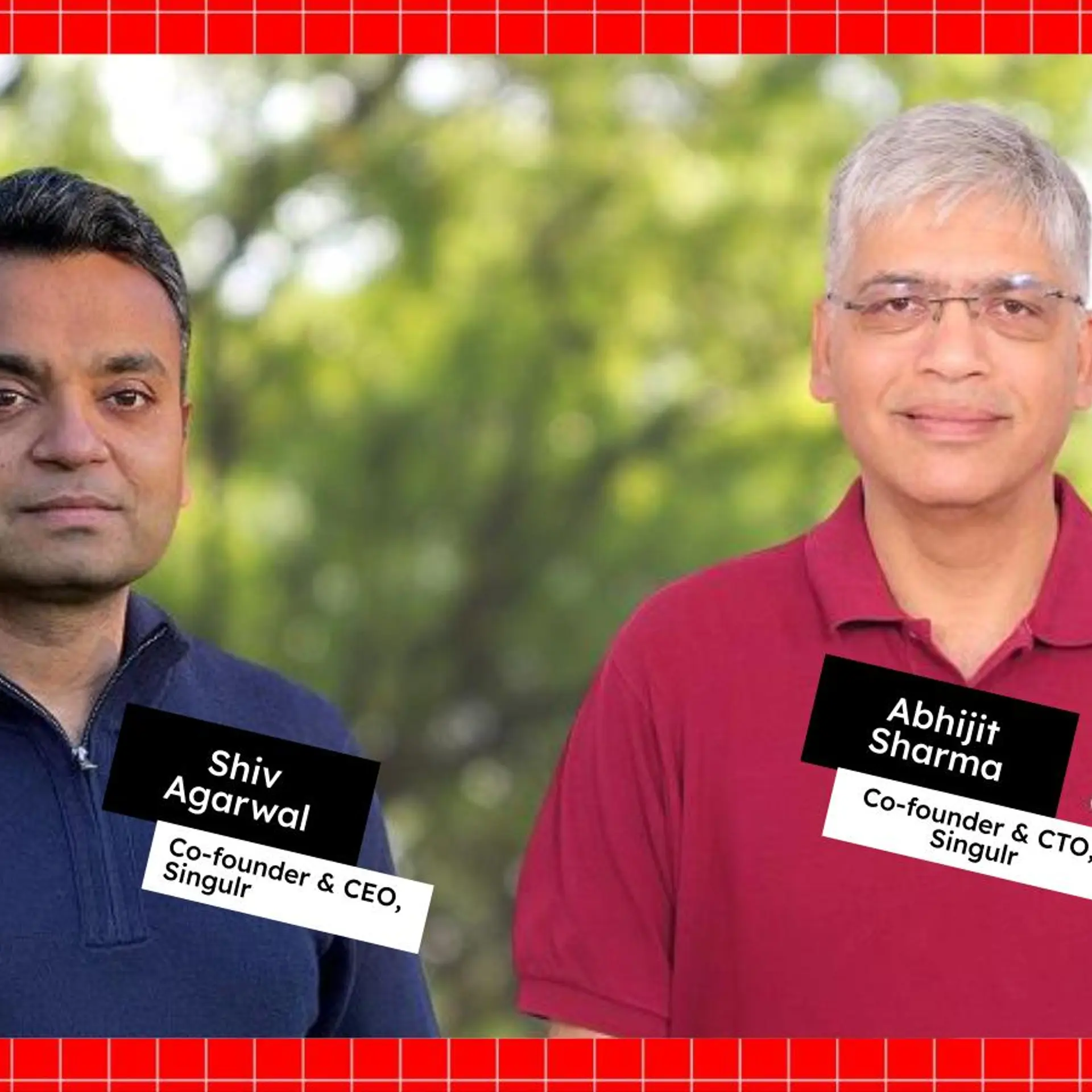The bubble, the customer, and the Indian startup

The evening session at the Startup India event today saw a unique panel discussing how to capitalise entrepreneurship. Moderated by the Minister of State for Finance Jayant Sinha himself, the discussion was partaken by Sachin Bansal, Founder, Flipkart; Naveen Tewari, Founder, InMobi; Radhika Agarwal, Founder, Shop Clues; Ritesh Agarwal, Founder, OYO Rooms; and BJ Arun, CEO, July Systems.
Excerpts from the panel:
The Bubble
Experts have been sceptical about India’s startups being in a bubble. When Jayant Sinha mentioned this, the responses were pleasantly surprising.
- Ritesh said, “Successful countries have all gone through casualties. If India faces a bubble, casualties are good because then we get a real character check.”
- Naveen said, “I hope there is a bubble and I hope it gets better. The wave is lifting so many boats.” He further added that many might die off, but the positive momentum will create more companies, invite more money, innovation and disruption.
Domestic listing
Three out of eight Indian unicorns are listed outside the country, thanks to the complexities in laws here. However, the Minister said that domestic venture capital should be strengthened in India, and that if Flipkart and InMobi are listed in India, it would boost confidence all around.
- Ritesh said that although he would love to list OYO Rooms in India, he does not even understand many of the rules. “Customers love us. Buying shares will be easier for them if we list in India,” he said.
- Naveen said, “Currently it is impossible to come to India. Despite the emotional component (to list in India), the market is not ready to absorb all the Internet companies which will go public in the next five years. So it is okay to have foreign money come in.”
However, Jayant Sinha replied that the SEBI has already simplified listing norms, and it is important to attract domestic capital in India
Foreign funding
Talk about foreign money and the room gets icy cold. But the situation seems to be changing now. According to Sachin from Flipkart, money follows metrics and a healthy business.
- Arun said, “A deeper pool of domestic limited partners is essential to changing the nature of innovation for Indian problems. It is not easy to raise from institutional investors for issues they may not understand. So money has to come from local people.”
- Ritesh reminded that risk taking is essential for investors and they should put money in smaller players who have a lot of aspiration.
- Radhika added that domestic investors will definitely have an impact on the startup ecosystem in India.
- Naveen added, “There is no way to solve problems unless the money comes from domestic limited partners. Startups are trying to solve problems which are unique to India whether it is in education, health care, or security – issues which investors will not understand unless they are from India.”
Jayant Sinha, however, concluded with a warning that funding will diminish one day; it is better for startups to be cash positive before that.
The changing consumer
The average Indian consumer has changed – the new one is tech savvy and adventurous and lazy at the same time. This means more opportunities for disruption in various fields.
- Radhika said, “The Indian consumer is changing; lots of beneficial new ideas will come up with that. There will be lots of disruption and value creation at the same time.”
- Sachin said that with rising Internet penetration and artificial intelligence surpassing human intelligence, India will go through a lot of technological changes in the next few years. “With hundreds of millions of mobile Internet users coming online, more potential for disruption is also coming up,” he added.
- Sreedhar Prasad, Partner, KPMG, said, “We see a convergence of sectors because the customer is the same.”
The event was as fabulous as promised. But the one instance which every entrepreneur should take home is Sridhar’s word of wisdom: “Don’t aspire to be a unicorn; aspire to be a success.”
Your Story is an official partner of Start Up India Stand Up India.







